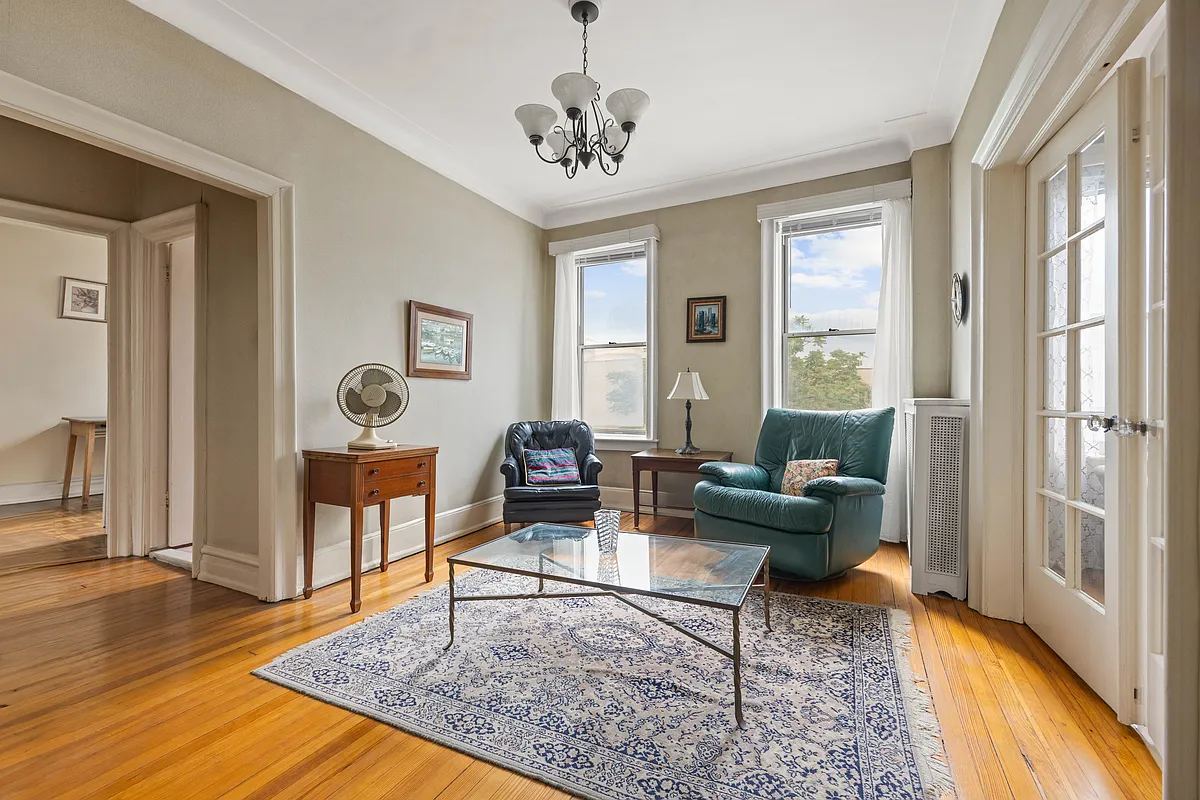Wall Street Experts Can't Agree on Housing Bubble
Goldman Sachs’ chief U.S. economist Jan Hatzius thinks the worst is behind the housing market. “The point of maximum deterioration in housing activity has probably passed,” he wrote in and October 20 research report. “The sharp downturn of the past year seems to have brought total housing starts—single-family starts, multi-family starts, and mobile-home shipments—close to…
Goldman Sachs’ chief U.S. economist Jan Hatzius thinks the worst is behind the housing market. “The point of maximum deterioration in housing activity has probably passed,” he wrote in and October 20 research report. “The sharp downturn of the past year seems to have brought total housing starts—single-family starts, multi-family starts, and mobile-home shipments—close to the level justified by the underlying demographics.” David Rosenberg, North American economist at Merrill Lynch disagrees: “Our research suggests that this housing cycle does not bottom out until starts reach the 1.3 million mark. So contrary to popular opinion, we are barely in the fifth inning of this down-cycle on the construction front.”
Who’s right? If you listen to the markets, it’s Rosenberg. Futures traders playing the Chicago Merc’s housing futures are collectively forecasting another 7% decline over the next 12 months.
Is Housing Out of the Woods? [Business Week]





Tuition prices and housing prices have vastly different drivers. That is a useless analogy.
Like anything else, the numbers can be looked at and analyzed to prove whatever your point of view happens to be. The only way we will know for sure is a few years from now when you can look back on it. Speculating now isn’t worthwhile.
People tend to forget that Housing starts is not a regional number but a national number. Also, it relates to “NEW CONSTRUCTION” not existing homes…. And on top of all that….. Brooklyn is completely different from say…. San Diego???
So, if you can extrapilate a price for your brownstone by listening to Mr. Hatzius, then you deserve an offer from the Great Goldman Sachs! 🙂
There does seem to be a GenX move to the cities, but the question is how long that will really last – through our kids’ college years, or until we all realize that living in the city with a few kids isn’t easy? I’m not staying in the city – too crowded and stressful, too much stress on the kids to keep up with the Jones’ (even worse than the ‘burbs, I think, which are not free from that syndrome, certainly). I am looking suburban, having been urban since ’98. In fact, I don’t have any friends who want to stay urban – maybe I just have the wrong friends, but my husband’s friends are of the same mindset, so I don’t think it’s that weird. I think we will have to wait a few years to see what really happens – baby boomers are retiring, and according to a recent article are NOT moving urban, as previously expected, so predictions about demographic desires have already been proven wrong.
If anyone is watching, existing homes sales did fall again today, as did prices.
I think there is a HUGE disparity between what is going on in the suburbs and Brooklyn. What I think is going on is that more and more people are deciding on an urban living situation than a suburban one. Granted, prices will come down enough in the suburbs and enough people can’t afford Brooklyn that the market will pick up again in the suburban markets. A realtor I spoke to in the suburbs said that sales pick up after the Super Bowl –nothing to do with football, just that people don’t want to move schools in the middle of the year and are looking toward the fall start of the school year. This is just my opinion but I think there is fundamental shift in the market in that many of the so-called Generation X’ers (I hate that term but it will have to suffice) don’t want to live in the suburbs and like the space, feel and convenience of Brooklyn. Anyway, that’s certainly open for discussion but I think that is why we are only seeing big price drops on properties that have something strange about them or are ridiculously over-priced in the first place. The market is saner now here but it is certainly not collapsing.
As another anecdote, from someone looking in Westchester, there is NO swagger for sellers and they drop prices daily, with homes sitting for over 6 months on the market. And inventory is increasing. Some folks, based on tax records, are already selling at losses for purchases made in 2004. Oh, and this is in a “Wall St.” type of town.
I’m not a totaly bubblehead, but I also find it very difficult to base any of the increases we’ve had on underlying fundamentals, which is why I think housing prices will drop. Also, why is that a bad thing? If housing is more affordable, people are happier, they have more money to spend, neighborhoods can build up thanks to influxes of first time buyers – all of these good things. It’s only personal greed that makes people think a period of falling prices is bad.
good short article in NewYorker re: house stats and mis-read/interpreted/used.
Again with this posting mixing talk of prices with housing starts, etc.
And of course always on this blog misleading chat of ‘investment’ vs. purchase (for use and occupancy).
As someone who is looking for a home right now, I can say that anecdotally, the worst appears to be over in our area. Sellers and realtors have regained that swagger in their step they had just six months ago and the market seems much less tilted in favor of buyers. Just an observation but what else do we have to go on?
New York Times today says that the cost of college is up 35% over the past 5-years. Should I expect a correction in the price of tuition? Should I delay sending the kids to school? Of course not. As long as there is demand, the price is going to keep going up over time. U.S. populsation = 300+ million going to 400+ million in the next 50 years. Economic growth and employment are strong. Interest rates are low by historical standards. Over time, that is not a formula for declining home prices.